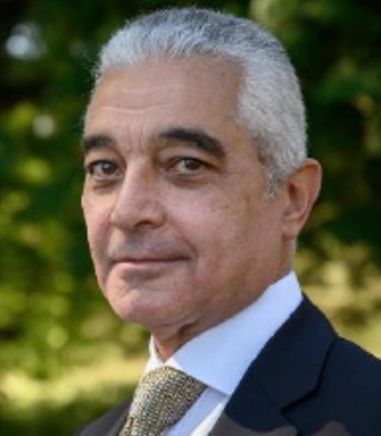Egypt appointed Abdel-Hamid Mamdouh on Tuesday to compete for the post of Director-General of the World Trade Organization (WTO).
Mamdouh faces a candidate from Mexico, Jesús Seade Kuri, and another from Nigeria, Ngozi Okonjo-Iweala, to succeed Brazilian Roberto Azevêdo, who announced that he will resign on August 31, 2020.

Egypt: economy and industry
Egypt’s economy is a diversified economy. The services sector is the backbone of the Egyptian economy in terms of share of GDP, employment and exports.
In accordance with Egypt’s Sustainable Development Strategy (Egypt Vision 2030), Egypt’s trade policy objectives are set out in the Industrial Development Strategy for 2016-2020.
The objective of this Strategy is to facilitate the transformation of the country into one of the main industrial economies of the Middle East and North Africa region and a major export center for medium-tech manufactured products by 2025.
The Industrial Development Strategy covers the following areas: industrial development of micro, small and medium-sized enterprises; export promotion rationalization of imports; promoting innovation; energy conservation; development of technical and professional education; and improvement of the business environment.
Profile
According to his resume, Mamdouh played key roles in trade policy and diplomacy for 35 years.
He claims to believe unequivocally in the Multilateral Trading System and its rule-based support.
From his work as a negotiator for Egypt (from 1985) and later as a senior WTO official (since 1990), he has authoritative knowledge and deep experience in trade policy and negotiations and a rich history of guidance for intergovernmental trade negotiations in The GATT and the WTO.
During the Uruguay Round, he was the main official of the Secretariat in the negotiation and drafting of the General Agreement on Trade in Services (GATS) and part of the Legal Drafting Group for the General Agreement of the WTO.
Other qualities
He has, according to himself, a deep understanding of the challenges that Members face in moving forward with the reform of the WTO, based on previous experiences with the transformative reform process of the Uruguay Round.
He also has extensive legal experience based on a long career in public international law (commercial law) and international trade negotiations.

